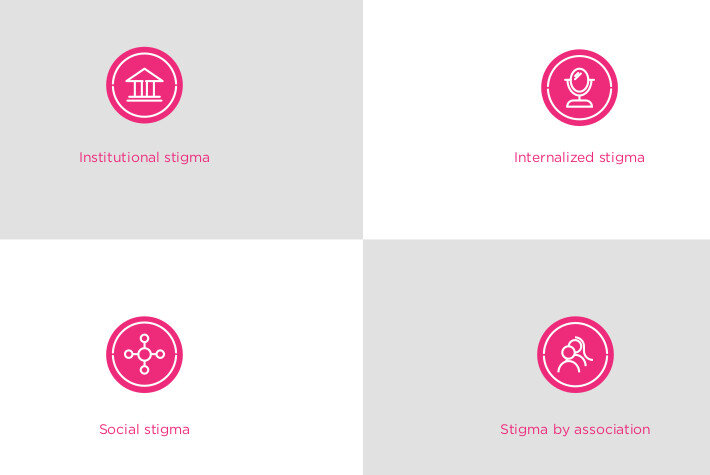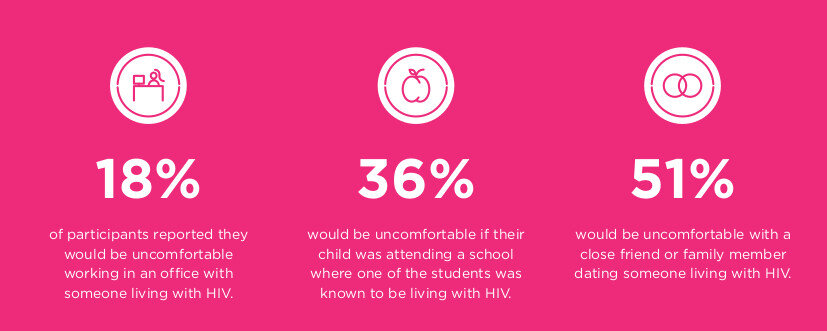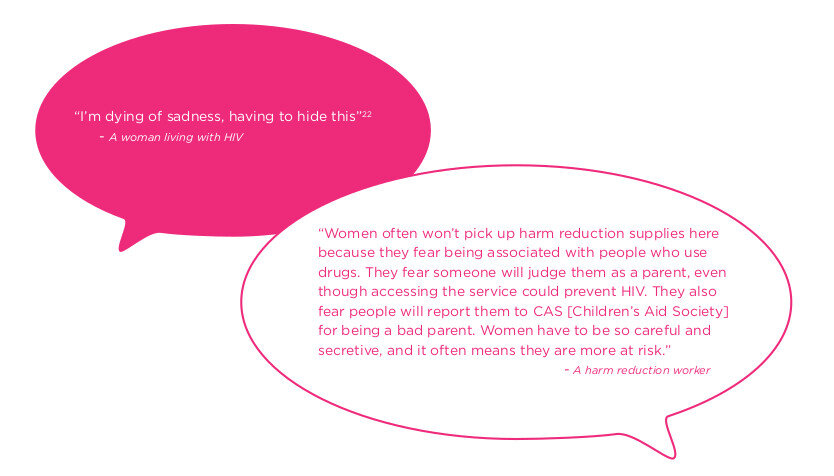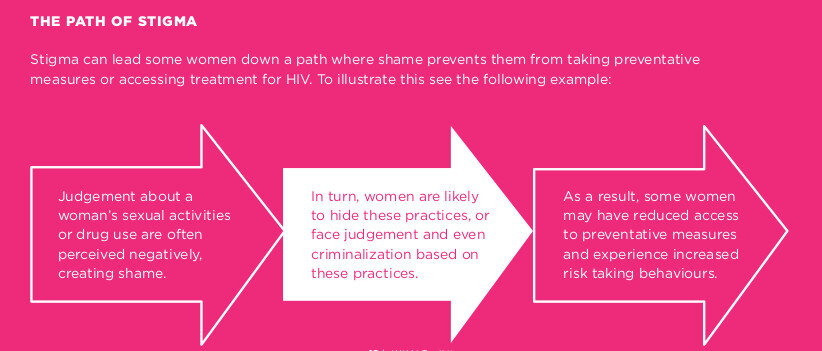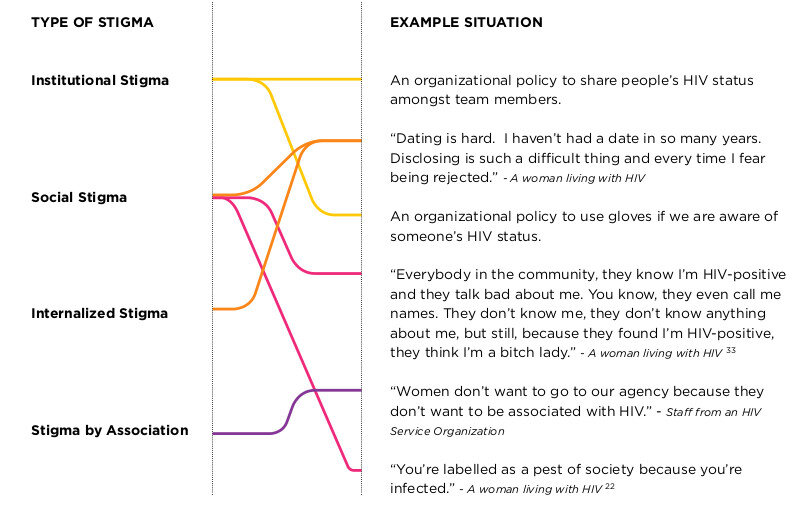World AIDS Day
Image description: Text ‘World AIDS Day’ on background of colourful northern lights,
For 16 Days of Activism Against Gender-Based Violence, DWS and other Yukon organizations working to prevent violence are creating spaces for learning more about how GBV works and what prevention can look like.
You are not alone. You deserve support.
As we have tough convos about violence and abuse, please take care of yourself. You are the expert in your life and know best how to take care - whether it’s reaching out to loved one, being on the land, taking time for yourself, or connecting with resources.
Want to help to prevent violence? Sign up for the two FREE workshops DWS is offering on December 6th and 7th. More information and sign-up here.
December 1st is World AIDS Day. Why should we as anti-violence activists care about the stigma that folks living with HIV or AIDS face?
Violence Overlaps
Sadly, a world where gender-based violence is common place, is also a world where oppressed folks are more likely to contract HIV/AIDS and also more likely to experience violence because of their HIV/AIDS diagnosis.
The World Health Organization created a hecka informative short report on the Intimate Partner Violence and HIV/AIDS.
Their report highlights some of the intersections of partner violence and living with HIV/AIDS:
Direct transmission through sexual violence: Forced or coercive sexual intercourse with an HIV infected partner is one of the routes of transmission for HIV and sexually transmitted infections (STI) to women.
Indirect transmission through inability to negotiate condom use: Research suggests that violence limits women’s ability to negotiate condom use.
Indirect transmission by partnering with riskier/older men: A review of over 40 studies suggests that a significant proportion of adolescent girls have sexual relations with men five to ten years older than themselves. While girls are able to initially choose the older sexual partner, once in the relationship, it is the older men who control the sexual relationship including condom and contraceptive use - in some situations through the use of violence.
Violence as a consequence of being HIV positive: Violence or fear of violence has been implicated as a barrier to women seeking HIV testing.
Read the entire report here.
The film Positive Women confronts the barriers facing women who live with HIV and AIDS by telling their stories in their own voices. You can watch the entire film online:
What is Stigma
For many women living with HIV, experiences of stigma, discrimination and marginalization are common. HIV-related stigma is a negative belief about a person specifically related to either known or perceived HIV status.6 This often leads to discriminatory behaviour. HIV stigma and discrimination often co-exist in multiple layers, intersecting with gender, sexual activity, race, income, physical and mental health, income and more.7,8 Research has shown that this is particularly true for women. For example, the Ontario HIV Treatment Network (OHTN) Cohort Study showed that “women, and especially women of colour, score higher on measures of HIV-related stigma”.
Test your Knowledge
Can score better on this quiz than Blood Ties Four Direction staff?
Get the Facts
The estimated per-act risk of transmission from an HIV-positive women to a male sexual partner through vaginal sex is 1 transmission in every 2500 sexual encounters.
When an HIV-positive women’s viral load (i.e., the level of active virus in the body) is low, the risk of HIV transmission to her male sexual partners drops to 1.3 expected transmissions in 10 000 sexual encounters.
When a condom is used, the per-act risk of transmission from an HIV-positive woman to a male sexual partner through vaginal sex is at most 1 in 12 500 sexual encounters.
From HIV Legal Network
Take Action
Everyday actions you get take to smash AIDS stigma and spread truth:
Learn more. You don’t know what you don’t know! Follow activists and orgs working to prevent HIV/AIDS.
Know your status and be ready to support a friend to get tested. In Tr'ondëk Hwëch'in Territory, you can get free confidential testing for all STIs at the Dawson City Health Centre (second floor of the hospital), call 867.993.4300 for more info.
Get ready. Be ready to hear that a friend, colleague, co-worker, or client is HIV positive. Women and HIV/AIDS Initiative has a great toolkit about creating welcoming spaces for women living with HIV/AIDS.
Know local resources. Blood Ties Four Directions Centre are the knowledge keepers about everything HIV/AIDS related in Yukon.
See women as change makers.


